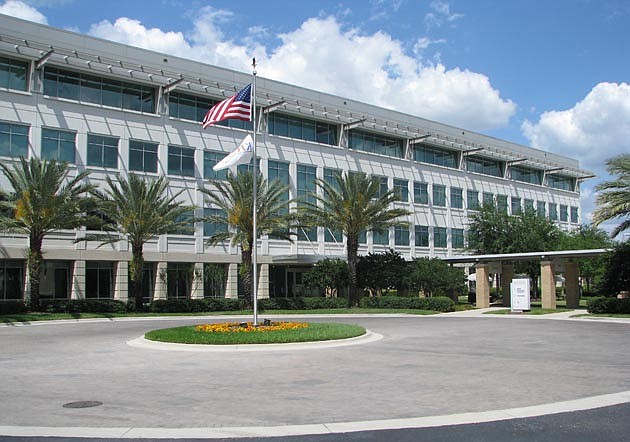- December 13, 2025
-
-
Loading

Loading

REVIEW SUMMARY
Industry. Real estate
Sector. Office
Key. Ownership is cheaper than renting.
Office tenants along the Gulf Coast whose leases will soon be up for renewal may be in a position to consider another option. They could re-sign to stay in their current space for a few more years, or they could make an offer to buy the building — sometimes for even less than they are paying in rent.
Single dwellers of office buildings are pursuing ownership during the soft commercial real estate market at the same time that investors are looking for unprecedented deals. Brokers say those transactions may make the most sense for properties where current tenants intend to stay for longer periods, even at rents as cheap as most real estate veterans have seen in decades.